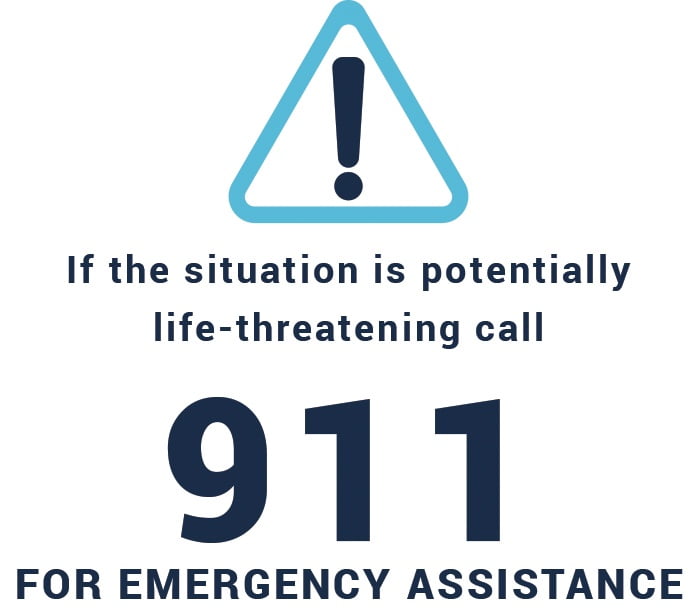The Impact of Psychosis on Family Members


Family members and youth-identified supports play an extremely important role in recovery from psychosis. It important to remember that families do not cause psychosis. Psychosis is not caused by personal weakness, lack of character, or poor upbringing.
Strong social support is one of the key factors to successful recovery. The OnTrAK program is designed to include the families or the individual’s identified supports and strongly encourage them to participate in family interventions.
You Can Help!
A youth’s family and/or supports can assist in the recovery process by:
• Providing information and insight about the individual
• Maintaining a focus on the person’s strengths and interests
• Advocating for the individual
• Learning new information and skills
• Assisting with medicine schedules and reminders
• Initiating activities and including the person in day-to-day family activities
• Helping to create a safe, positive, supportive environment for the person
• Helping the person with finances
• Staying in regular contact with the counselor and doctor (EASA, www.easacommunity.org).




There is hope!
Early intervention and treatment can result in:
• Preservation of brain function
• Nurture and development of psychosocial skills
• Decreased need for hospitalization
• Nurture and development of family and social supports
• More rapid recovery
• Less need for medication
• Longer and more fulfilling life
What can I do NOW to help my loved one?
• Be yourself. Understand that this is not your fault.
• Get information to understand the illness and how it is affecting your loved one.
• Try not to take it personally if your loved one says hurtful things as their experience can be confusing and frightening. Minimize arguments or long discussion. Stay as positive as possible.
• Reduce stress. Tone down emotions. Research shows that keeping the environment as calm as possible can speed recovery and help prevent relapse.
• Communicate simply and clearly.
• Don’t ignore violence or suicide risk.
• Show interest and connect with your loved one.
• Whether you have permission to talk to their recovery team, you can always offer information and observations.
• Reach out and call OnTrAK for a free consultation at (907) 352-3238.
• Ask for help if you have questions.



